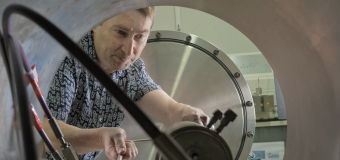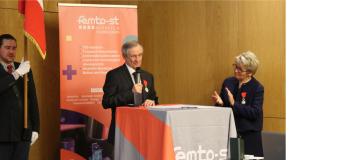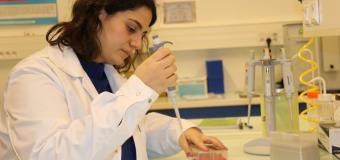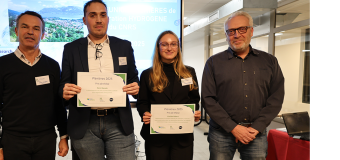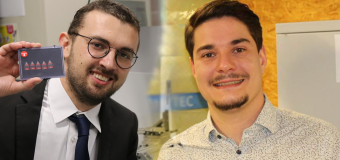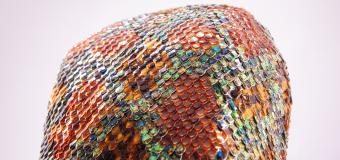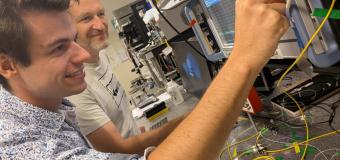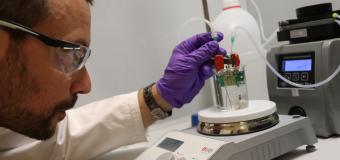Artificial intelligence for next-generation ultrafast photonics
How can machine learning and associated methods improve the development of next-generation laser sources and revolutionize applications where ultrafast light plays a central role?
Answer in a review article published in the prestigious journal Nature Photonics involving several members of FEMTO-ST!
The laser celebrates its 60th anniversary this year, and is considered one of the defining inventions of the 20th century. The laser has not only created an entirely new field of photonic science, but has also led to the development of light sources producing powerful ultrafast pulses that are used in areas essential to society such as medical treatments, biological imaging, communications, and industry.
Surprisingly, however, ultrafast lasers are largely designed and operated using techniques that are little changed from when they were first developed decades ago. This naturally leads to performance tradeoffs and limitations for applications which require light with precisely tailored characteristics. Fortunately, an avenue to overcome this bottleneck has recently appeared by combining the latest advances in ultrafast photonics with the powerful tools of artificial intelligence and machine learning. However, although artificial intelligence is now ubiquitous in many areas of science and engineering, its uptake in ultrafast photonics has been limited because it has been unclear exactly how best it can be used to drive future research.
Work appearing recently in the prestigious journal Nature Photonics has now tackled this problem directly. Written by an international group of scientists, the review article provides a comprehensive overview of how machine learning and associated methods can be applied to both improve developments in next-generation laser sources, and revolutionize applications where ultrafast light plays a central role.
A unique feature of the review is a series of tutorial elements aimed particularly at non-specialists and students. The authors are well-known pioneers in diverse fields of nonlinear dynamics, ultrafast optics and machine learning, and they attempt also to provide a roadmap for the future.
One of the authors Professor Dudley from the CNRS Institut FEMTO-ST and the Université Bourgogne Franche-Comté states: “It is our hope that this timely review will remove a lot of the mystery associated with machine learning for workers in ultrafast photonics. We anticipate that it will stimulate new studies in this field to ensure that the future of ultrafast laser science is as exciting as the last 60 years”.
This work falls within a broader range of activities at the Institut FEMTO-ST developing photonic artificial intelligence hardware and applying smart techniques to the analysis of optical propagation and systems. This work is also a key priority theme of the I-SITE national Excellence Initiative and the International Graduate School EIPHI of the Université Bourgogne Franche-Comté
https://doi.org/10.1038/s41566-020-00716-4
Contact : John Dudley



